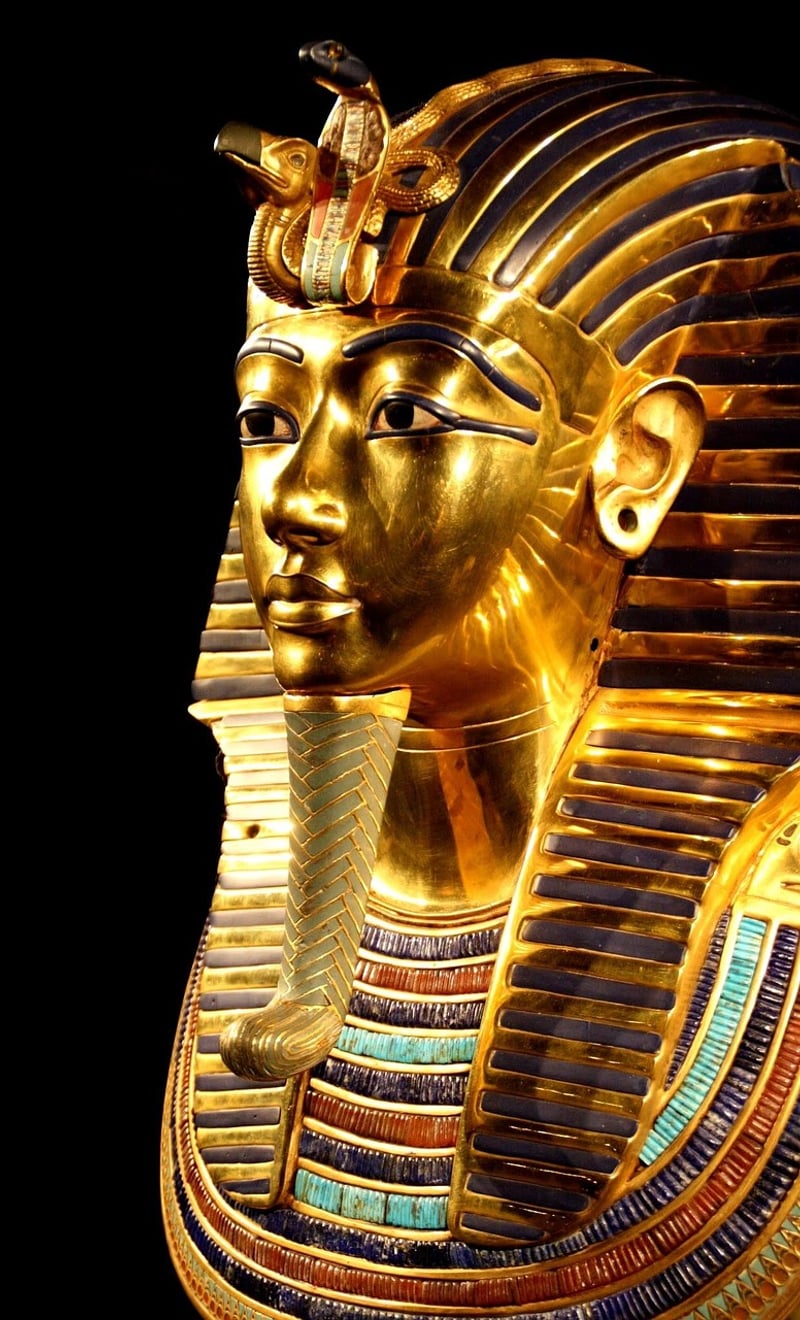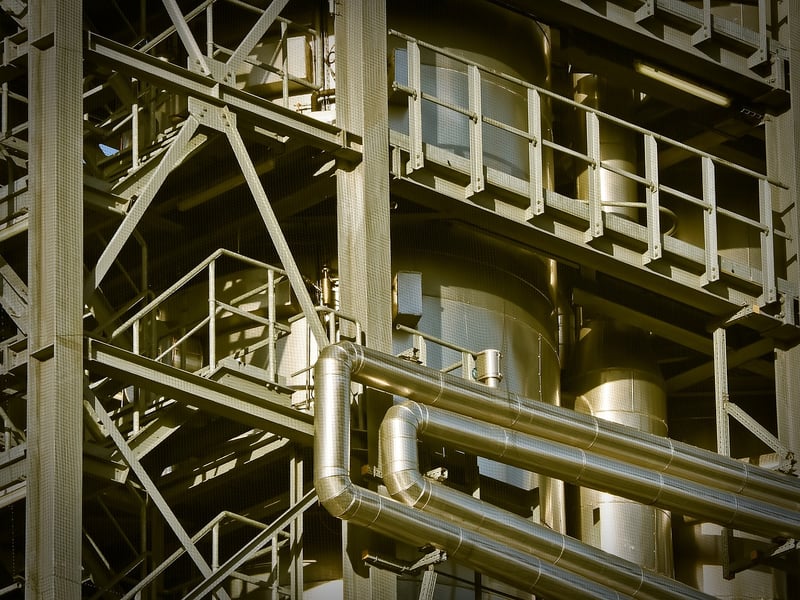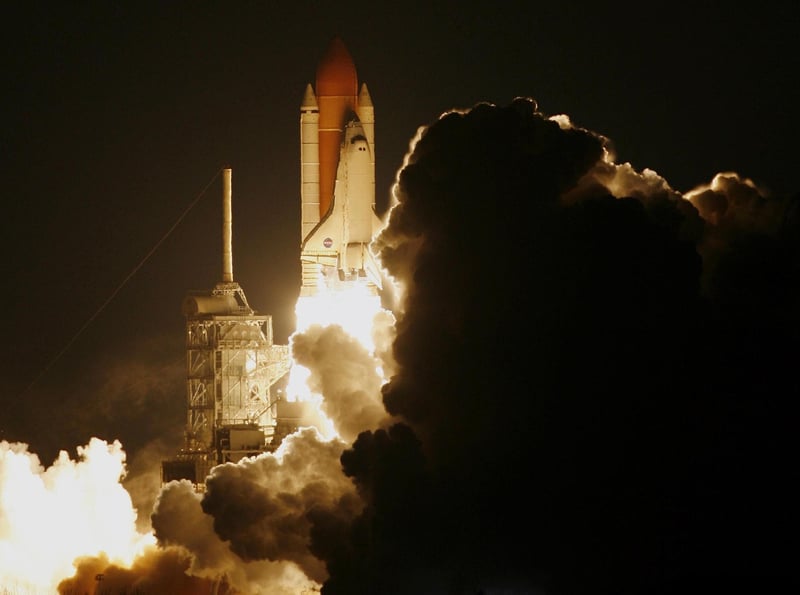Future Exploration
Exploring Different Eras and Future Exploration
Introduction
Exploring different eras allows us to learn from the past and appreciate how far humanity has come. At the same time, looking towards future exploration fuels our curiosity and pushes the boundaries of what is possible.
Ancient Era
The ancient era, spanning thousands of years, holds the key to understanding the foundations of human civilization. From the majestic pyramids of Egypt to the intricate architecture of ancient Greece, exploring this era provides insights into early societies and their remarkable achievements.

Medieval Era
The medieval era, characterized by knights, castles, and feudalism, offers a glimpse into a time of chivalry and tumultuous power struggles. Exploring this era reveals the rich tapestry of art, literature, and architecture that emerged during this period.

Industrial Revolution
The Industrial Revolution marked a transformative period in history, leading to unprecedented technological advancements and societal changes. Exploring this era sheds light on the shift from agrarian economies to industrialized nations and the impact it had on people's lives.

Space Exploration
Space exploration represents humanity's quest to understand the universe beyond Earth. From the first moon landing to the exploration of Mars and beyond, each mission pushes the boundaries of our knowledge and inspires future generations to reach for the stars.

Future Exploration
As we look towards the future, the possibilities for exploration are endless. From colonizing other planets to harnessing renewable energy sources, future exploration holds the promise of new discoveries and innovations that will shape the course of humanity.

Conclusion
Exploring different eras and embracing future exploration allows us to appreciate our past, present, and potential future. By learning from history and pushing the boundaries of what is possible, we pave the way for a brighter and more enlightened tomorrow.
